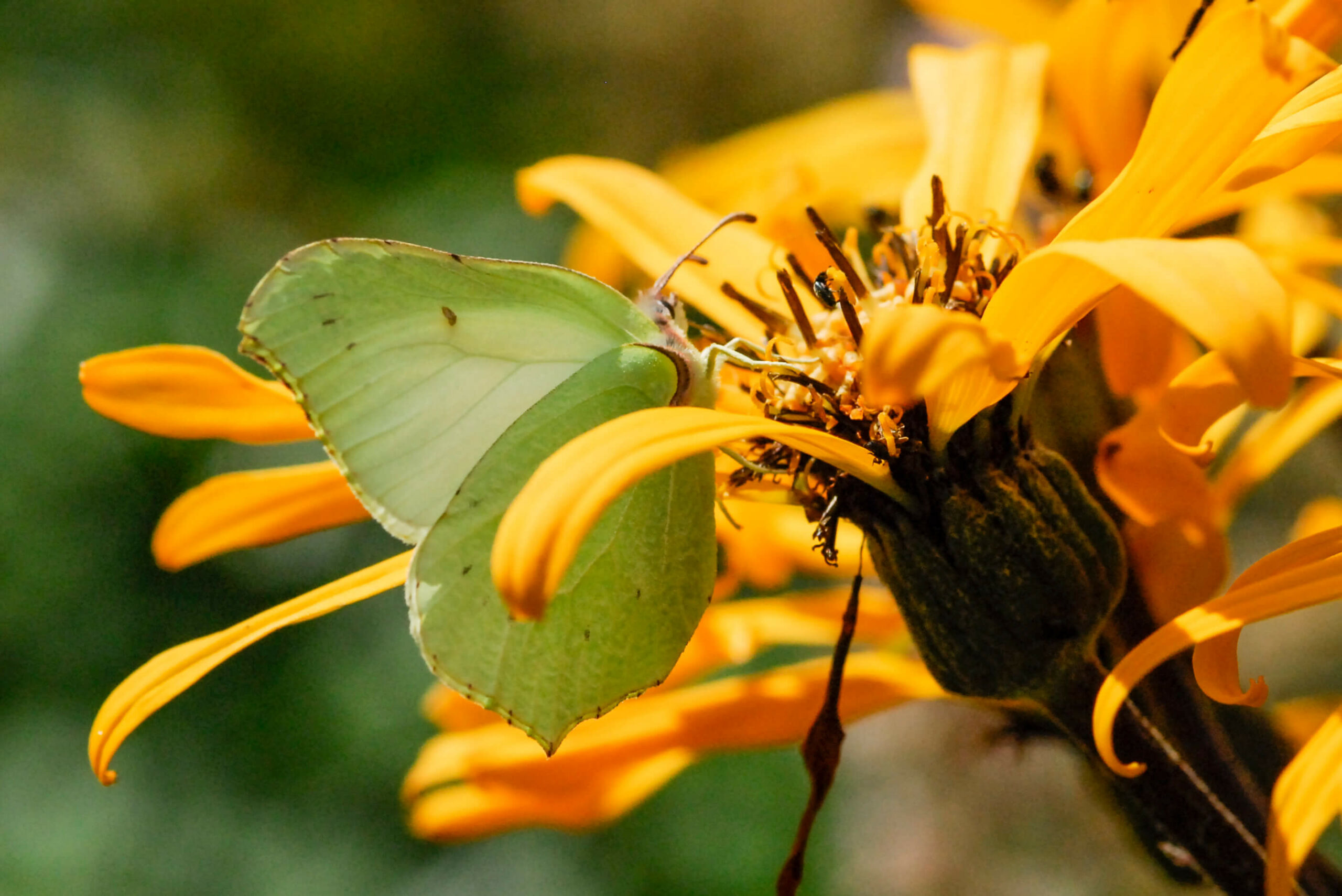In the webinar series of the Organic Institute, experts in the field present their research on current topics in organic farming. In the spring 2024 webinar series, topics include biological nitrogen fixation, nutrient cycling, calf-side management, as well as variety trials for cereals and the possibilities of diverse wheat.
The webinars are open to everyone and free of charge, without the need for pre-registration. However, by registering for the event, you will receive a link and automatic reminders in your email. In addition, the presentations will be recorded and available online for two weeks.
Welcome to join!
You can access all webinars using this same Zoom link
Wednesday, January 31, at 3-4 PM, Presentation
Transformative effects of high-quality rhizobia inoculants on biomass and grain yields of food legumes in Africa: Case studies from Ethiopia and Ghana. Aregu Aserse, University of Helsinki
Wednesday, March 20, at 3-4 PM, RECORDING
Nutrient balances of Swedish dairy and arable farms Johanna Spångberg & Maria Wivstad
Wednesday, April 10, at 3-4 PM, REGISTER
Effectiveness in northern organic farming – project results: barley and oat variety trials and pea harvesting trials.
Timo Lötjönen, LUKE Diverse wheat: seed adapted to organic conditions? Juho Hautsalo, LUKE
Wednesday, May 15, at 3-4 PM, REGISTER
Effects of longer calf-side management on animal welfare Mikaela Mughal, LUKE
Detailed information on the webinars content:
Transformative effects of high-quality rhizobia inoculants on biomass and grain yields of food legumes in Africa: Case studies from Ethiopia and Ghana. (in English)
Wednesday, January 31, at 3-4 PM: Aregu Aserse
Aregu Aserse works as a research fellow in the Faculty of Biological and Environmental Sciences at the University of Helsinki. He has been involved in African projects for over ten years and is an expert in soil microbiology, biological nitrogen fixation, and rhizobia inoculation of legumes. Aserse’s presentation focuses on sustainable legume production systems in Africa, addressing challenges such as soil degradation, soil acidity, and low fertility, leading to low agricultural productivity and poor diets for small-scale farmers. The presentation emphasizes the importance of change for ecosystem health, food security, and combating malnutrition.
Nutrient balances of Swedish dairy and arable farms (in English)
Wednesday, March 20, at 3-4 PM: Johanna Spångberg & Maria Wivstad SLU Centre for Organic Food and Farming (Epok), Swedish University of Agricultural Sciences (SLU)
The webinar presents work and results from an analysis based on the actual nutrient balances of several Swedish organic and conventional field and dairy farms. How do farms manage sustainable nutrient input and output? The presentation also discusses proposals for improving nutrient management.
Maria Wivstad worked as a systems researcher at the Swedish University of Agricultural Sciences (SLU) until 2010, focusing mainly on organic farming systems and specializing in cover crop systems. Since 2010, she has served as the director of SLU’s Swedish Centre for Organic Food and Agriculture (Epok). Johanna Spångberg is the current director of Epok, with a research background in the analysis of sustainable food systems. Epok primarily works on the dissemination and coordination of organic research in Sweden.
Effectiveness in northern organic farming – project results: barley and oat variety trials and pea harvesting trials. Diverse wheat: seed adapted to organic conditions? (in Finnish)
Wednesday, April 10, at 3-4 PM: Timo Lötjönen, LUKE Juho Hautsalo, LUKE
Timo Lötjönen is an agronomist and researcher at the Natural Resources Institute Finland (LUKE) in the Ruukki and Oulu offices. His research topics include organic production technologies, especially mechanical weed control, soil cultivation methods, and emission issues in peat soils. Additionally, Timo manages an organic crop cultivation farm in Kestilä, focusing on food-grade oats, grasses, and field peas for the neighboring farm’s silage.
Juho Hautsalo is a researcher at LUKE in Central Finland. With a background in plant breeding, he specializes in healthy propagation material production. In the ViljaSoppa project funded by the Organic Foundation, he investigates the effect of seed multiplication with landrace cereals on seed adaptability and initiates the breeding of Magnus Selenius’ (Nyby gård) diverse wheat. In his presentation, Juho shares insights from the first two years of the project and outlines plans for the third year.
Effects of longer calf-side management on animal welfare (In Finnish)
Wednesday, May 15, at 3-4 PM: Mikaela Mughal, LUKE
Mikaela Mughal works as a researcher in animal welfare at the Natural Resources Institute Finland (LUKE) and is pursuing a doctoral thesis at the University of Helsinki on the effects of longer calf-side management on the behavior and welfare of dairy calves. She is involved in the CowCalfSolutions project, which focuses on gathering and sharing practical solutions for calf-side management among interested farms. In this webinar, she discusses the impact of calf-side management on dams and presents results from Nordic calf-side management trials.
